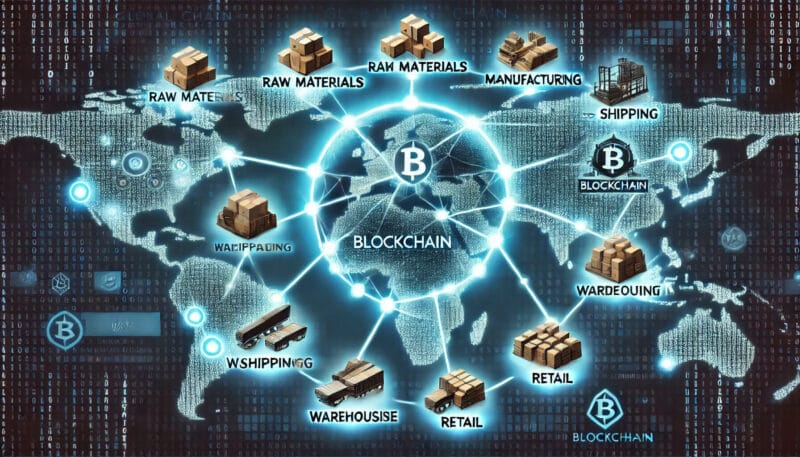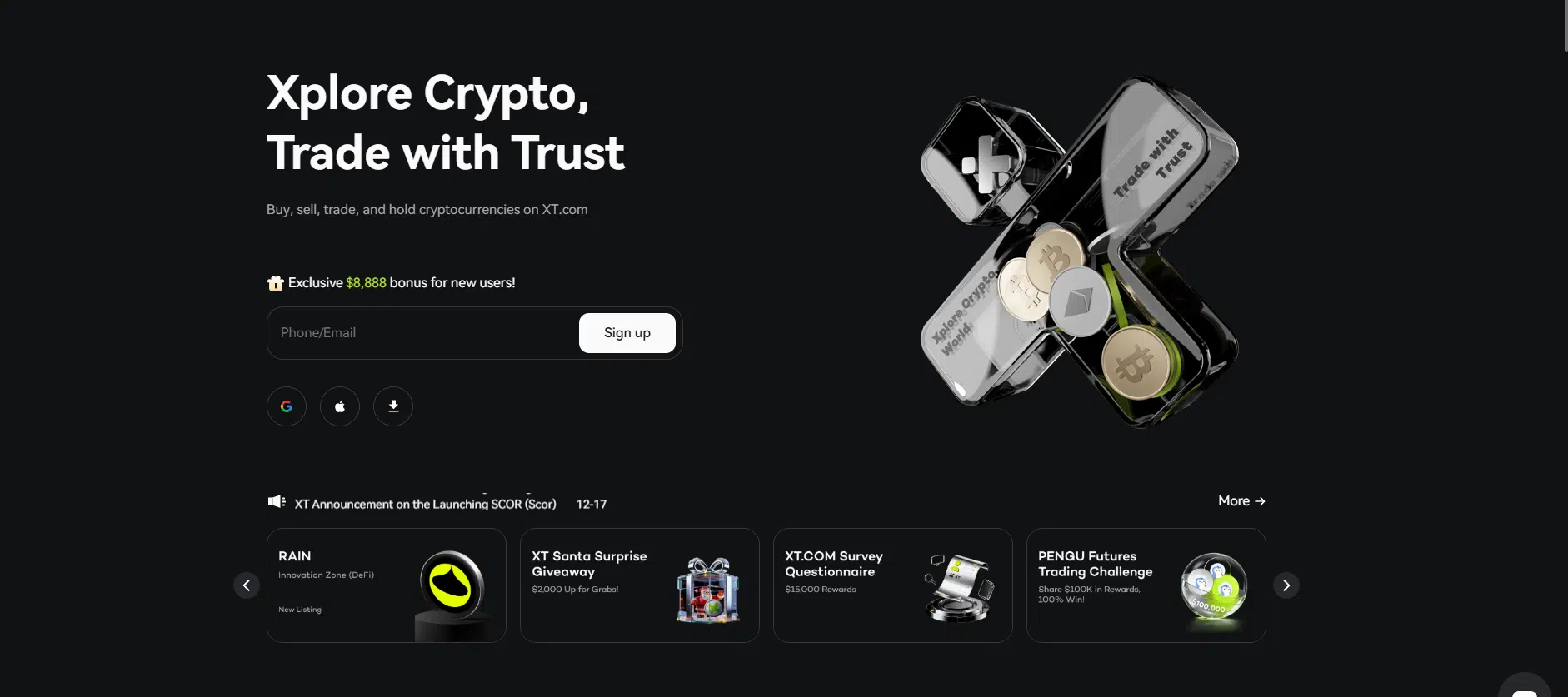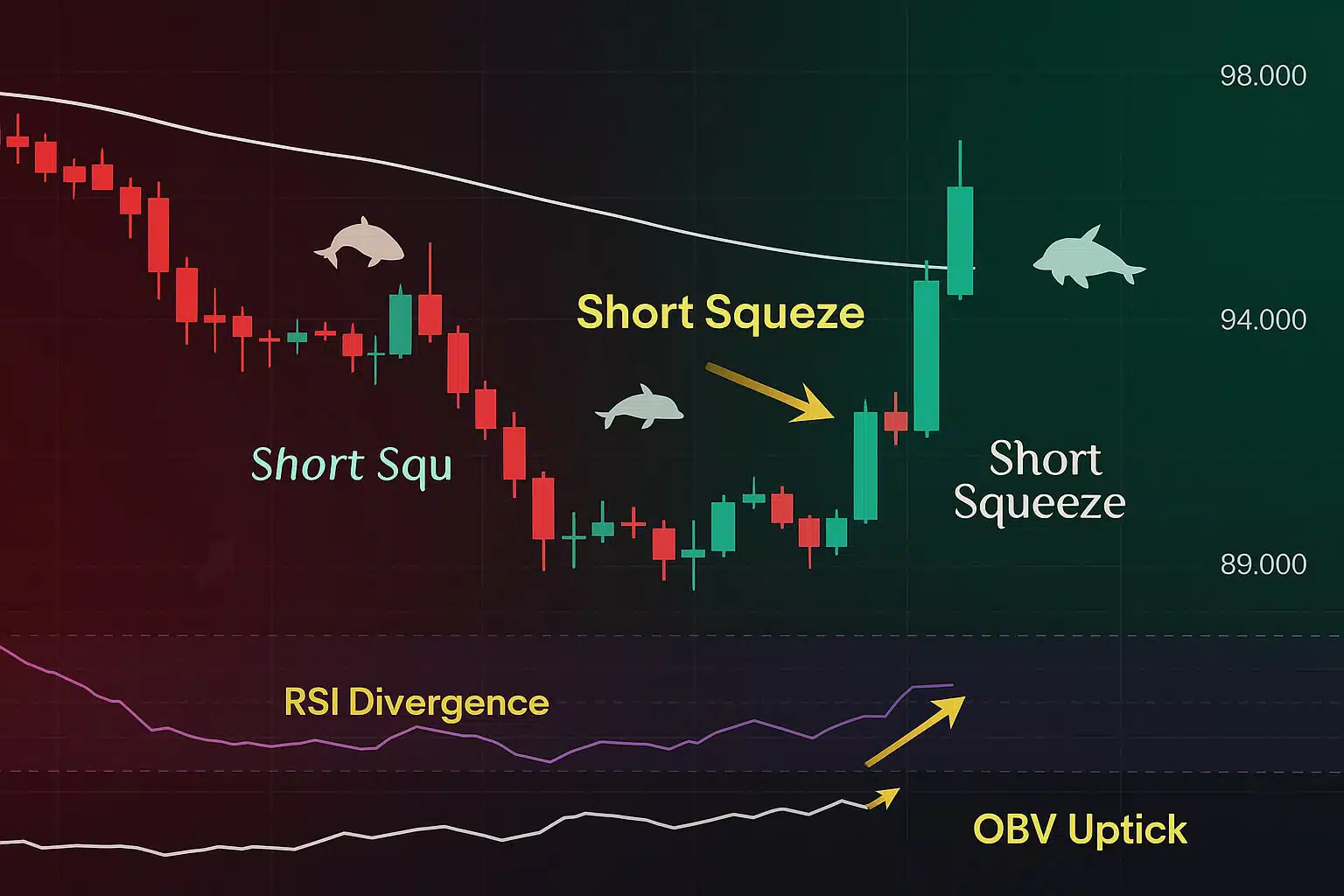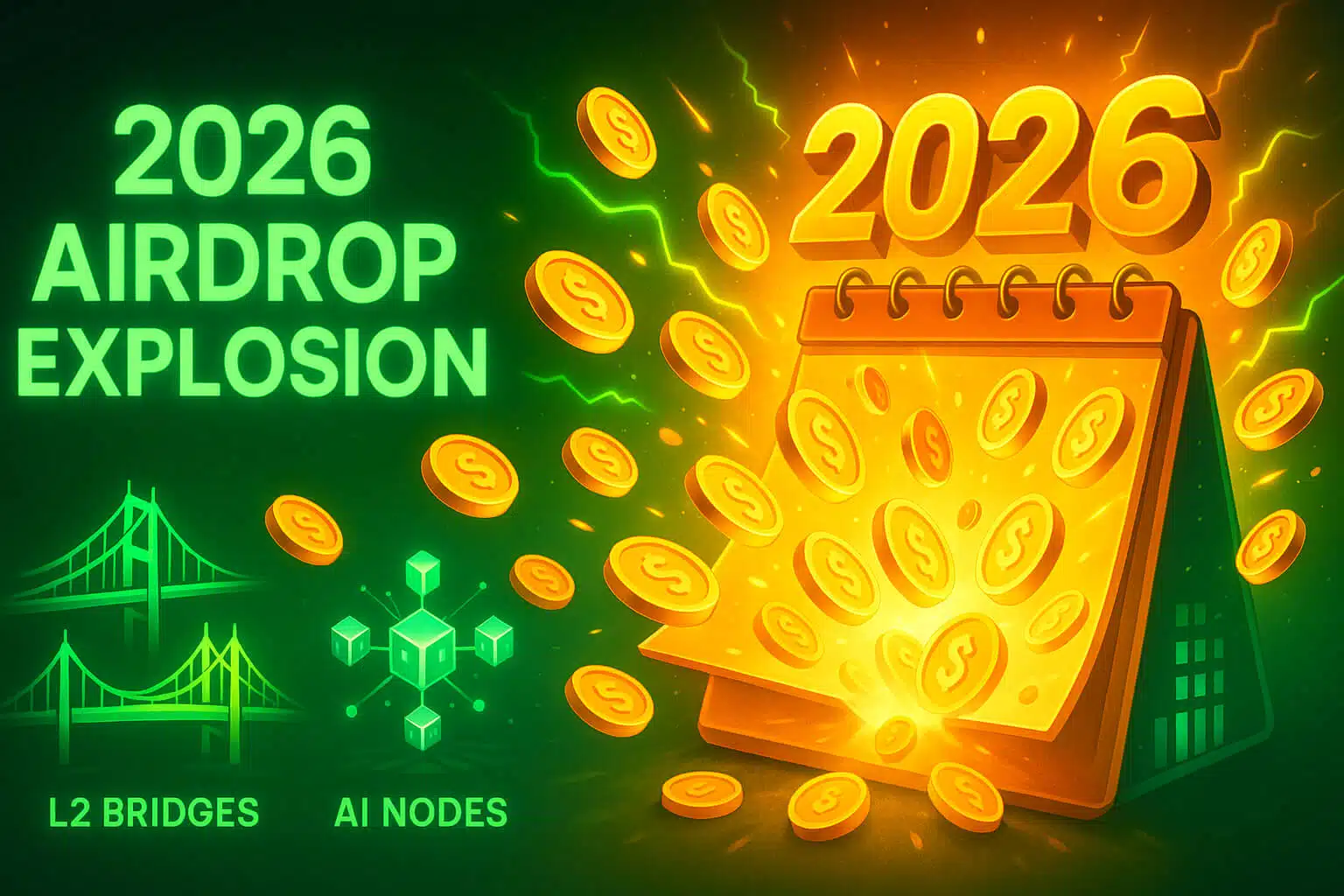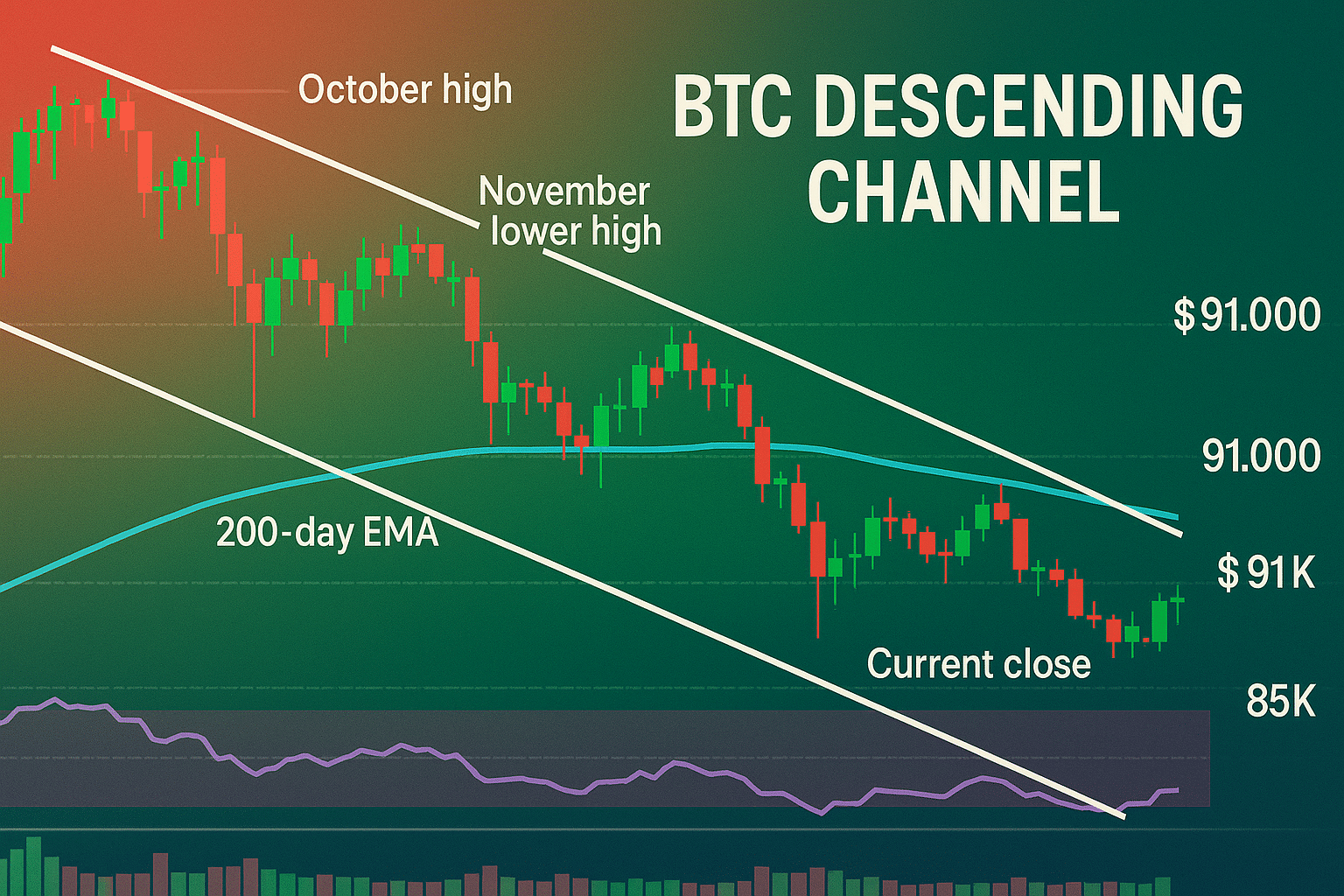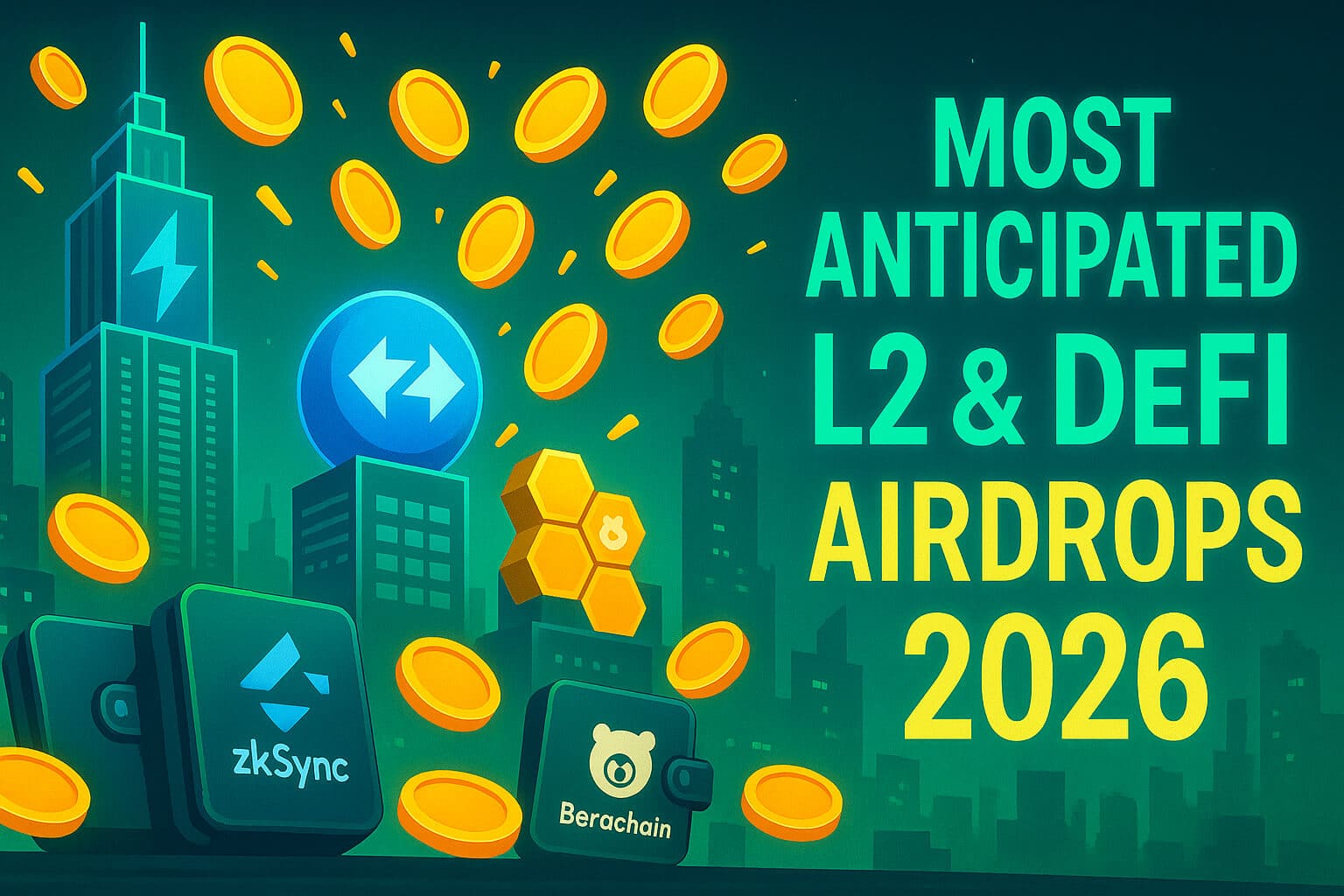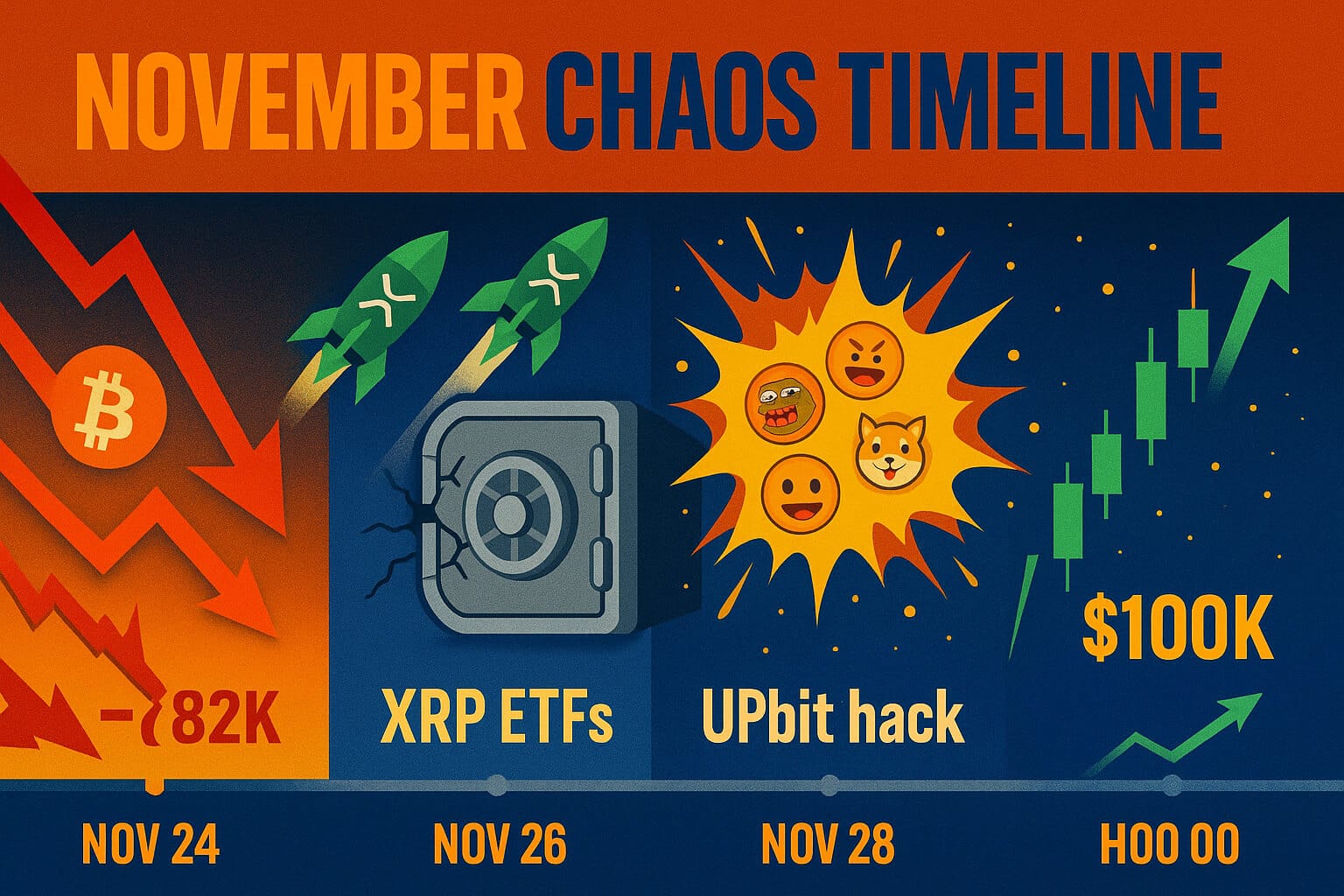1. Introduction: The Need for Transparency in Supply Chains
In today’s globalized economy, supply chains have become increasingly complex, often involving multiple parties, regions, and processes. As a result, maintaining transparency and accountability throughout the supply chain has become a significant challenge. Issues such as fraud, counterfeiting, and inefficiencies can arise, leading to lost revenue, damaged reputations, and compromised product quality. Blockchain technology offers a transformative solution to these challenges by providing an immutable, transparent ledger that tracks every step of the supply chain in real time. This article explores how blockchain enhances supply chain transparency, the benefits it brings to businesses and consumers, and its potential to revolutionize global commerce.
Why Transparency Matters in Supply Chains:
Transparency in supply chains ensures that all stakeholders can trace the origin, journey, and handling of products, which helps to prevent fraud, reduce inefficiencies, and build trust.
2. How Blockchain Technology Enhances Supply Chain Transparency
2.1 Immutable Ledger for Real-Time Tracking
One of the key features of blockchain technology is its ability to provide an immutable ledger, meaning that once data is recorded, it cannot be altered or deleted. This feature is crucial for supply chains, where accurate and trustworthy information is essential. Blockchain enables the real-time tracking of products as they move through the supply chain, from the raw material stage to the final consumer. Each transaction or movement is recorded on the blockchain, providing a complete, tamper-proof history of the product.
- Real-Time Tracking Benefits:
- Transparency: All parties in the supply chain can access real-time information about the product’s status, location, and condition.
- Accountability: Since the data on the blockchain cannot be altered, it ensures that all participants are held accountable for their actions.
- Traceability: Blockchain enables end-to-end traceability, allowing consumers and businesses to verify the authenticity and origin of products.
2.2 Enhanced Security and Fraud Prevention
Blockchain’s decentralized nature and cryptographic security make it highly resistant to hacking, fraud, and unauthorized access. Traditional supply chains often rely on centralized databases that can be vulnerable to cyberattacks or internal tampering. By using blockchain, supply chain data is stored across a distributed network of nodes, each containing a copy of the entire blockchain. This decentralization, combined with encryption, makes it nearly impossible for a single entity to alter the data without detection.
- Security Benefits:
- Decentralized Storage: Data is stored across multiple nodes, reducing the risk of single points of failure.
- Encryption: Blockchain uses advanced cryptographic techniques to secure data, ensuring that only authorized parties can access or modify information.
- Fraud Prevention: The immutable nature of blockchain prevents tampering with records, making it a powerful tool against fraud.
2.3 Smart Contracts for Automated Compliance and Efficiency
Smart contracts are self-executing contracts with the terms of the agreement directly written into code. In the context of supply chains, smart contracts can automate various processes, such as payment releases, order fulfillment, and compliance checks. For instance, a smart contract could automatically release payment to a supplier once the delivery of goods is confirmed on the blockchain. This automation not only speeds up processes but also ensures that all parties comply with the agreed-upon terms.
- Smart Contract Benefits:
- Automation: Smart contracts automate routine tasks, reducing the need for manual intervention and speeding up the supply chain process.
- Compliance: Smart contracts enforce compliance with regulations and agreements, reducing the risk of breaches.
- Efficiency: By eliminating intermediaries and manual processes, smart contracts improve efficiency and reduce operational costs.
2.4 Greater Accountability and Consumer Trust
Blockchain technology enhances accountability in the supply chain by providing a transparent and immutable record of all transactions and movements. This transparency allows consumers to verify the origin and authenticity of products, which is particularly important for industries like food, pharmaceuticals, and luxury goods. By scanning a QR code on a product, consumers can access detailed information about its journey through the supply chain, including where it was sourced, how it was handled, and who was involved in its production.
- Accountability Benefits:
- Consumer Trust: Transparency builds trust between consumers and brands by providing verifiable information about the product’s history.
- Brand Reputation: Companies that adopt blockchain technology can enhance their reputation by demonstrating a commitment to transparency and ethical practices.
- Regulatory Compliance: Blockchain helps companies meet regulatory requirements by providing a clear audit trail.
3. The Benefits of Blockchain for Supply Chain Transparency

3.1 Improved Efficiency and Cost Savings
By streamlining processes and eliminating the need for intermediaries, blockchain can significantly improve the efficiency of supply chains. Smart contracts automate routine tasks, reducing the time and resources required for manual processing. Additionally, the transparency provided by blockchain reduces the likelihood of errors, disputes, and delays, further enhancing efficiency.
- Efficiency Benefits:
- Automated Processes: Smart contracts reduce the need for manual processing, speeding up transactions and reducing costs.
- Error Reduction: Blockchain’s transparency minimizes errors and disputes, leading to smoother operations.
- Cost Savings: By eliminating intermediaries and reducing operational inefficiencies, blockchain can lead to significant cost savings.
3.2 Enhanced Sustainability and Ethical Practices
Blockchain technology can also support sustainability and ethical practices in supply chains. By providing transparency into the origin and journey of products, blockchain enables companies to ensure that their suppliers adhere to ethical standards, such as fair labor practices and environmentally sustainable sourcing. Consumers can also make more informed choices by selecting products that align with their values.
- Sustainability Benefits:
- Ethical Sourcing: Blockchain allows companies to verify that products are sourced from suppliers who follow ethical practices.
- Environmental Impact: Transparency in the supply chain helps companies track and reduce their environmental footprint.
- Informed Consumer Choices: Consumers can choose products based on verified ethical and sustainability standards.
3.3 Enhanced Collaboration and Data Sharing
Blockchain enables better collaboration and data sharing among all participants in the supply chain. Since all parties have access to the same information in real-time, it reduces misunderstandings and conflicts. The shared ledger fosters trust and collaboration, as each participant knows that the data they see is accurate and up-to-date.
- Collaboration Benefits:
- Shared Data: All participants have access to the same real-time data, reducing the risk of conflicts and improving coordination.
- Trust: Blockchain builds trust among supply chain partners by ensuring that all data is accurate and transparent.
- Seamless Integration: Blockchain facilitates seamless data integration across different systems and organizations.
4. Challenges and Considerations for Blockchain in Supply Chains
4.1 Scalability Issues
One of the primary challenges of implementing blockchain in supply chains is scalability. As the number of transactions increases, the blockchain can become slower and more resource-intensive. This issue is particularly relevant for global supply chains that involve thousands of transactions daily. Solutions such as layer 2 scaling, sharding, and off-chain processing are being developed to address these scalability challenges.
- Scalability Challenges:
- Increased Transactions: High transaction volumes can slow down the blockchain and increase costs.
- Resource Intensity: Blockchain networks can become resource-intensive as they scale, requiring more computational power and storage.
- Potential Solutions: Technologies like sharding, layer 2 scaling, and off-chain processing can help improve scalability.
4.2 Regulatory and Legal Considerations
The regulatory and legal landscape for blockchain technology is still evolving, and this presents challenges for its adoption in supply chains. Different countries have different regulations regarding data privacy, security, and blockchain use, which can complicate cross-border supply chains. Companies need to navigate these regulatory environments carefully and ensure compliance with local laws.
- Regulatory Challenges:
- Varying Regulations: Different countries have different laws and regulations governing blockchain technology.
- Compliance Requirements: Companies must ensure that their use of blockchain complies with data privacy and security regulations.
- Legal Uncertainty: The evolving nature of blockchain regulations can create legal uncertainties for companies.
5. The Future of Blockchain in Supply Chain Transparency
5.1 Widespread Adoption and Industry Standards
As blockchain technology matures, we can expect to see widespread adoption across various industries. The development of industry standards and best practices will help companies implement blockchain solutions more effectively. Collaborations between technology providers, industry stakeholders, and regulators will be crucial in establishing these standards.
- Adoption Trends:
- Industry Collaboration: Collaboration between stakeholders will drive the development of industry standards and best practices.
- Widespread Implementation: More industries will adopt blockchain to enhance supply chain transparency.
- Regulatory Support: Clear regulations and guidelines will support the broader adoption of blockchain technology.
5.2 Integration with Other Emerging Technologies
Blockchain’s potential to enhance supply chain transparency will be further amplified by its integration with other emerging technologies, such as the Internet of Things (IoT), artificial intelligence (AI), and big data analytics. IoT devices can provide real-time data on the condition and location of products, which can be recorded on the blockchain. AI and big data analytics can analyze this data to optimize supply chain operations and predict future trends.
- Technology Integration:
- IoT Integration: IoT devices can feed real-time data into the blockchain, providing detailed information about the supply chain.
- AI and Analytics: AI can analyze blockchain data to optimize operations and predict trends.
- Synergy of Technologies: The integration of blockchain with IoT, AI, and big data will create more efficient and transparent supply chains.
Conclusion: Blockchain as a Catalyst for Transparent Supply Chains
Blockchain technology is poised to revolutionize supply chain transparency by providing real-time tracking, enhanced security, and greater accountability. Despite challenges such as scalability and regulatory hurdles, the benefits of blockchain for supply chain management are too significant to ignore. As the technology evolves and integrates with other emerging technologies, we can expect to see even greater improvements in the transparency, efficiency, and sustainability of global supply chains.
For more insights and detailed analysis on how blockchain is transforming supply chain management, explore our Blockchain and Supply Chain section.
Stay Updated
For the latest updates on how blockchain is enhancing supply chain transparency, follow us on:
Stay informed with the latest strategies and insights in the world of blockchain at FreeCoins24.io.
Special Offer
Looking to explore blockchain solutions for supply chain management? Sign up on Bybit today and take advantage of up to $30,000 in deposit bonuses. Enhance your supply chain transparency with innovative blockchain technologies.


